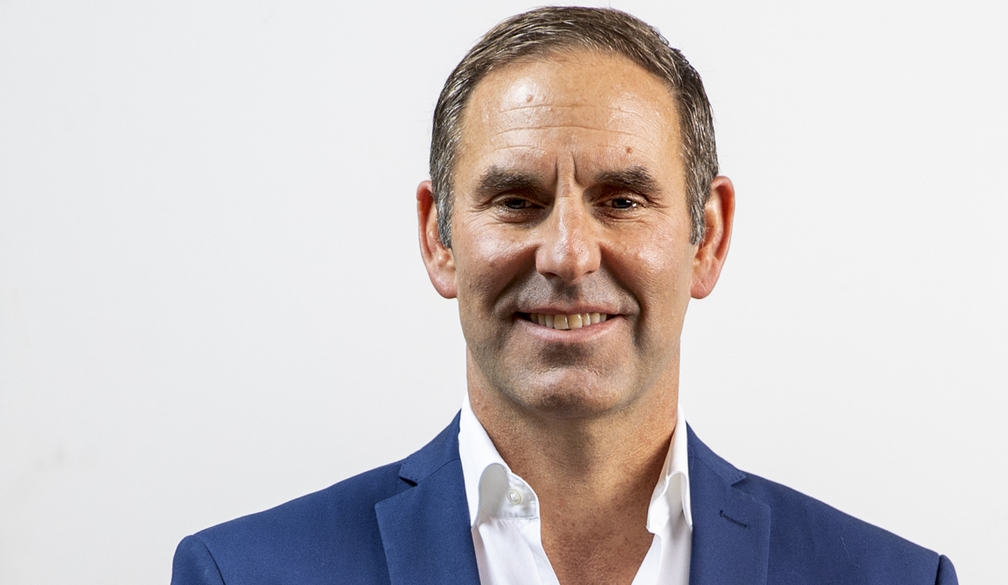Personal, not professional, social networks will be key to hiring top Gen Z talent

HireVue, the global leader in video interviewing, assessments, and text-enabled recruiting tools reveals job seekers are increasingly turning to non-professional social media platforms such as Facebook, Instagram and TikTok in their search for a new role.
The Global Trends Report: State of Hiring Experience 2023 published today, surveyed 1,741 hiring leaders across Australia, US and the UK to uncover employers’ hiring strategies and priorities for 2023. To add a local consumer perspective, HireVue also surveyed more than 1,000 Australians to better understand candidate hiring preferences for the year ahead.
According to the findings, one in four (24 per cent) Aussie job seekers are using Facebook to search for a new role, with the social network now ranking on par with LinkedIn (25 per cent) in popularity among Australian candidates. Facebook job searches proved most popular among Gen Zs (41 per cent), while LinkedIn got the most job traffic from millennials (38 per cent).
Despite Facebook recently removing their professional jobs feature, recruiters and business leaders alike have been capitalising on the popularity of the platform. This is particularly true for those looking to target international talent, with increased migration driving traffic to group pages providing support and advice to those making the move down under.
The data also reveals candidates are now using Instagram (8 per cent), TikTok (6 per cent) and Twitter (4 per cent) for job searches - albeit at a lower rate. Furthermore, job seekers are using these non-professional platforms to apply for jobs including Facebook (25 per cent), Instagram (10 per cent), TikTok (6 per cent) and Twitter (4 per cent).
Commenting on the research, Damon Pal, Head of Asia Pacific at HireVue said, “the rise in the use of non-professional social media platforms for job searches is set to redefine the recruitment process in 2023. As candidates turn to more unconventional platforms in their job hunt, businesses must be quick to adapt.
“These channels can help employers attract a diverse pool of candidates, improve their employer branding, and streamline the hiring process by meeting candidates where they are already spending a significant amount of their time.”
Salary, flexibility and culture top candidate preferences
According to the research, competitive salary offerings ranked as the highest consideration for Australians looking for a new role, followed closely by flexible working hours, then workplace culture.
With the latest figures from the Australian Bureau of Statistics revealing a 3.3 per cent annual growth in wages - the fastest annual pace in a decade - 2023 is set to be an increasingly competitive hiring environment. In response, 42 per cent of Australian employers have invested in increased compensation to be considered an employer of choice.
“It comes as no surprise that salaries continue to drive candidate engagement. With a tightening labour market, job seekers are now in the driving seat for salary negotiations, meaning employers must assess industry standards to ensure that they are leading with a competitive offering,” said Pal.
When it comes to flexibility, remote working also ranked high in candidate preferences with 68 per cent seeking remote working opportunities when applying for a role. Of those, 27 per cent would prefer to work remotely full time while 41 per cent would choose a hybrid of remote working and working from the office.
However, it is not only workplace culture and job benefits that are important to potential candidates. In fact, many often make decisions on whether to proceed with a role as early as the interview stages.
Over half (56 per cent) of Australian consumers noted they would be less likely to apply for a role with a lengthy recruitment process, indicating businesses could lose out on top talent to competitors with a less rigorous interview process. Half of respondents consider three or more interviews to be too many.
Retention on the rise to combat ‘act your wage’ trends
With 53 per cent of Australian companies experiencing higher resignation levels in 2022, compared to 2021, there is a heightened focus on employee retention. This comes at a time when a quarter of employees admit to ‘acting their wage’ - a workplace buzz word that describes employees who will not work above their contractual obligations.
Of those who admit to ‘acting their wage’, 50 per cent feel they are not paid enough to go above and beyond, 46 per cent put it down to a lack of work life balance, while 37 per cent attribute it to experiencing a lack of appreciation in the workplace.
To help address this, 43 per cent of Australian employers are putting a greater focus on internal candidates this year, with 42 per cent investing in increased compensation, almost half (48 per cent) looking to introduce employee recognition programs, and a further 52 per cent aiming to put more emphasis on internal mobility.







